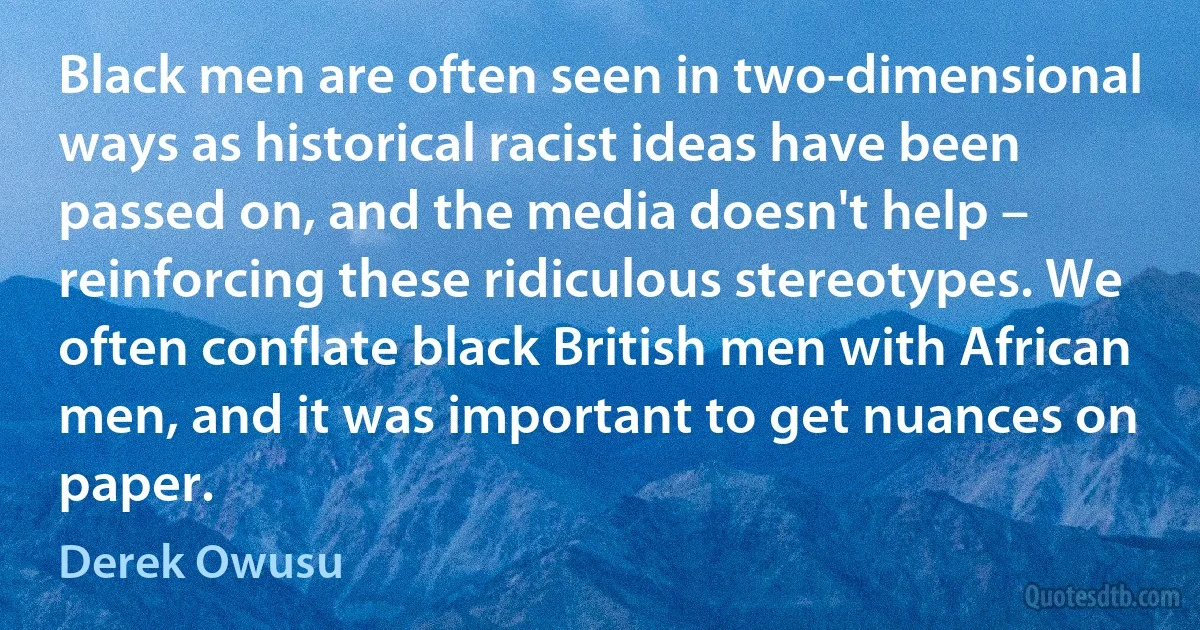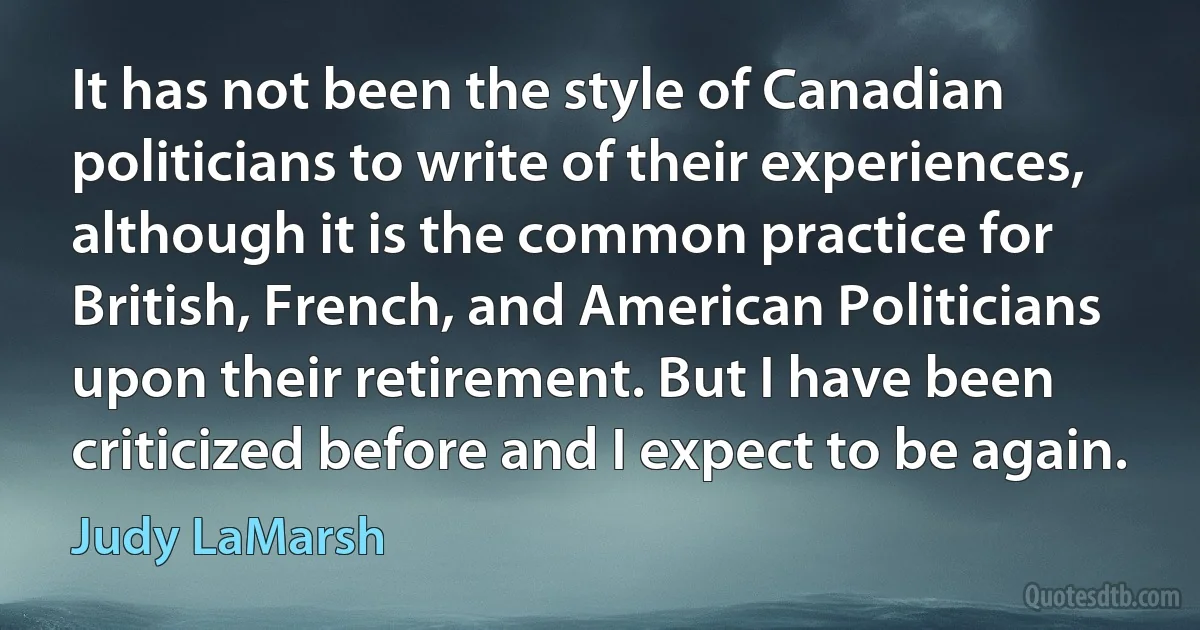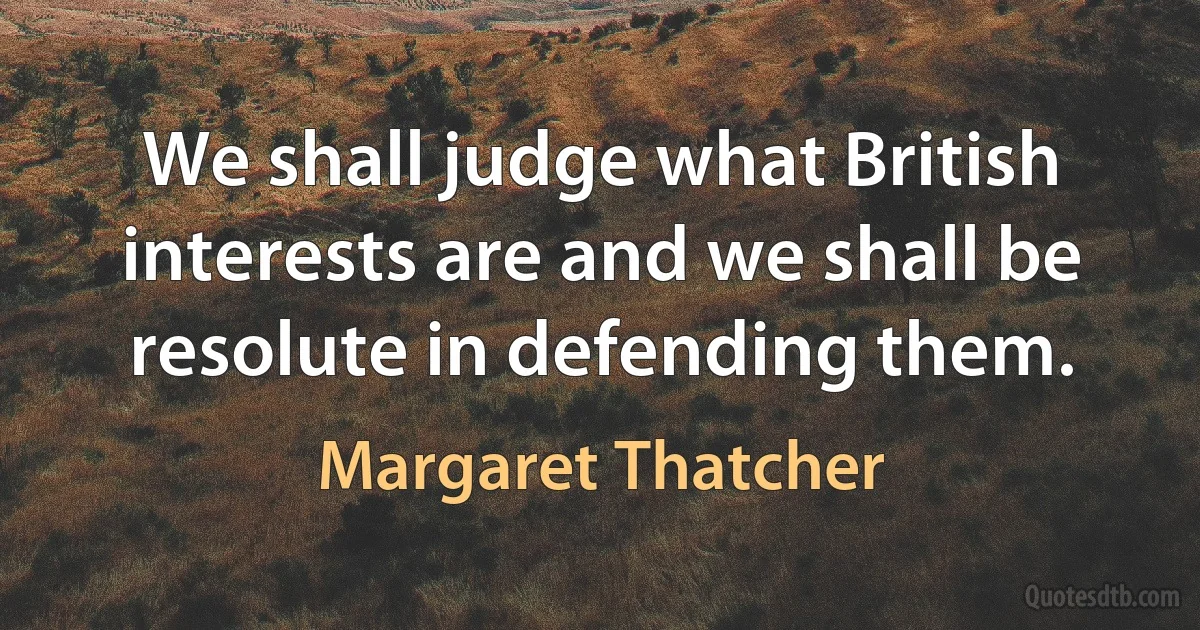British Quotes - page 64
"The surrender and succeeding jubilation was rightly American but, as Admiral Fraser appreciated, Britain and the Commonwealth had now been at war for six long years less a day. If the forenoon had been American, then the evening would be British. The last sunset ceremony had been carried out on the evening of September 2,1939. Since then the White Ensign had flown in every ship by day and night. Admiral Fraser ordered the resumption of sunset routine as from September 2, 1945 and invited all the senior officers of British ships in Tokyo, and a token number of sailors from each, to witness the ceremony in his flagship. He was dissuaded from firing a sunset gun in case some trigger-happy American or Japanese thought the war had re-started.

Louis Le Bailly
A certain neoorientalism has crept upon us, partly in reaction to the failed militarism of the neo-conservative years, but mainly attributable to historical self-critical attitudes towards the British Empire. This neo-orientalism interprets liberalism as a Western construct ill-fitting to non-Western cultures. Struggling, dissenting liberals within minority community contexts find that they have no greater enemy than these neo-orientalists who lend credence to the idea that they are somehow an inauthentic expression of their ‘native' culture.

Maajid Nawaz
He was the outlier of a new type: the first twentieth-century personality to be famous for being famous. If he toured Africa with 17 pieces of matched luggage, or got hit by a car crossing Fifth Avenue in New York, he wrote about it. His life became a forerunner of reality TV; in today's terms, he did everything to seek celebrity but release a sex tape. A great question of Churchill biography, therefore, is how this Paris Hilton of British politics became the second coming of King Arthur.

Mark Riebling
The United States has never actually wanted one true spy service, on the model of England's MI6. Instead, it has tried to create a first-rate spy community. That community reflects the character of our culture: it's a crazy-quilt of checks and balances, division of labor, specialization, decentralization, friendship with free nations, civilian control of the military, and a distrust of secrecy dating to the Salem witch trials. The result is an over-managed yet under-coordinated system, spanning not just dozens of U.S. agencies, but dozens of other governments, and even nongovernmental organizations. It includes not just the CIA, the FBI, and the Pentagon, but functional partners in British and Israeli intelligence, treaty alliances such as NATO and SEATO, and even information sharing with transnational entities such as the United Nations, the Vatican, and Google.

Mark Riebling
It is the subtle scheme of political propaganda to describe the Hindu as pro-Fascist. It is a cruel calumny which has been spread in America and other countries. The Hindu Mahasabha stood for Savarkar's policy of militarization and industrialization. We recognized that Fascism was a supreme menace to what is good and noble in our civilization. Due to Veer Savarkar's call thousands of young men joined the Army and Navy and Air Force and shed their blood for resisting Nazi tyranny and for real friendship with China and Russia. But as the Hindus had the temerity to ask for National Independence and took the lead in rejecting the Cripps offer, they were maligned and the subtle forces of organized British propaganda were let loose to blackmail the Hindus.

Nirmal Chandra Chatterjee
Let's define "terrorist organization." A terrorist organization is an organization that makes you feel scared all the time and makes you change your behavior. What does CNN, Fox News, and MSNBC do all the time? That's right. Wolf Blitzer? Terrorist. Glenn Beck? Terrorist. Nancy Grace? Terrorist. AND her plastic surgeon. The only news organization that is not a terrorist organization is the BBC. Because the BBC can make the worst things sound okay. [British accent] Hello, welcome to the BBC. Satan has re-entered the planet. He is picking up babies with his talons, ripping off their heads, and sucking out their souls. We're in for a thousand years of darkness, all hope is lost and now, the World Cup update.

Christopher Titus
At the 20th Congress of British Communist Party,- usual slogans spread about the building-Marxism is the science of working-class power. Those present mostly lower middle class, few working class. On platform sat the Executve Committee, really deplorable faces. Unpleasant thought that in many parts of Europe, such people already in absolute power.

Malcolm Muggeridge
Thus, Grünendahl has noted Pollock's tendency to develop broad narratives without any supporting evidence. Moreover, he draws attention to Pollock's messianism in promoting American scholarship...., casting doubt on Pollock's attempt to analyse Sanskrit objectively. He raises the pertinent question as to whether Pollock is providing the intellectual foundations for America's 'New Raj', to replace the dead British Raj - i.e., whether American imperialism is replacing the dead British imperialism.

Rajiv Malhotra
Many similar views were also expressed in the Sanskrit Commission Report written under the Nehru government in the 1950s. That report declares: "The State in ancient India, it must be specially pointed out, freely patronised education establishments, but left them to develop on their own lines, without any interference or control. It says that until the British disruption, the salient features of our traditional education included: 'oral instruction, insistence on moral discipline and character-building, freedom in the matter of the courses of study, absence of extraneous control...' ... We can never insist too strongly on this signal fact that Sanskrit has been the Great Unifying Force of India, and that India with its nearly 400 millions of people is One Country, and not half a dozen or more countries, only because of Sanskrit.'

Rajiv Malhotra
The boy who first entered a classroom barely able to speak English, twenty years later concluded his studies in the stately quiet of the reading room in the British Museum. Thus with one sentence I can summarize my academic career. It will be harder to summarize what sort of life connects the boy to the man.

Richard Rodriguez
I was glad to get away from those students when I was awarded a Fulbright Fellowship to study in London. I found myself in the British Museum, at first content, reading English Renaissance literature. But then came the crisis: the domed silence; the dusty pages of books all around me; the days accumulating in lists of obsequious footnotes; the wandering doubts about the value of scholarship. My year in Britain came to an end and I rushed to ‘come home.' Then quickly discovered that I could not. Could not cast off the culture I had assumed. Living with my parents for the summer, I remained an academic-a kind of anthropologist in the family kitchen, searching for evidence of our ‘cultural ties' as we ate dinner together.

Richard Rodriguez
We weren't getting a fair deal on the budget and I wasn't going to have it. There's a great strand of equity and fairness in the British people - this is our characteristic. There's not a strand of equity and fairness in Europe - they're out to get as much as they can. That's one of those enormous differences. So I tackled it on that basis.

Margaret Thatcher
It has been suggested by some people in this country that I and my government will be a "soft touch" in the [European] Community. In case such a rumour may have reached your ears, Mr Chancellor... it is only fair that I should advise you frankly to dismiss it (as my own colleagues did, long ago). We shall judge what British interests are and we shall be resolute in defending them.

Margaret Thatcher



